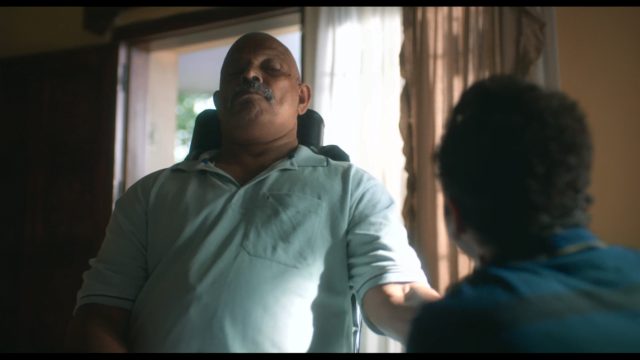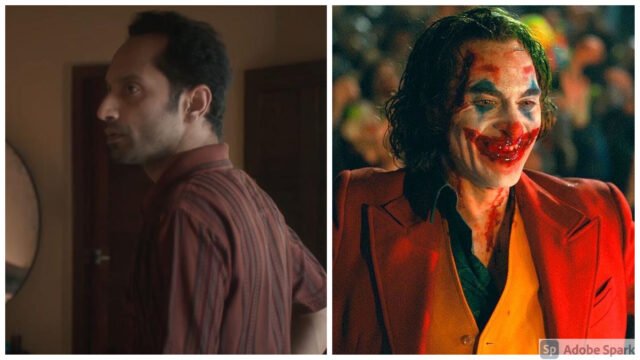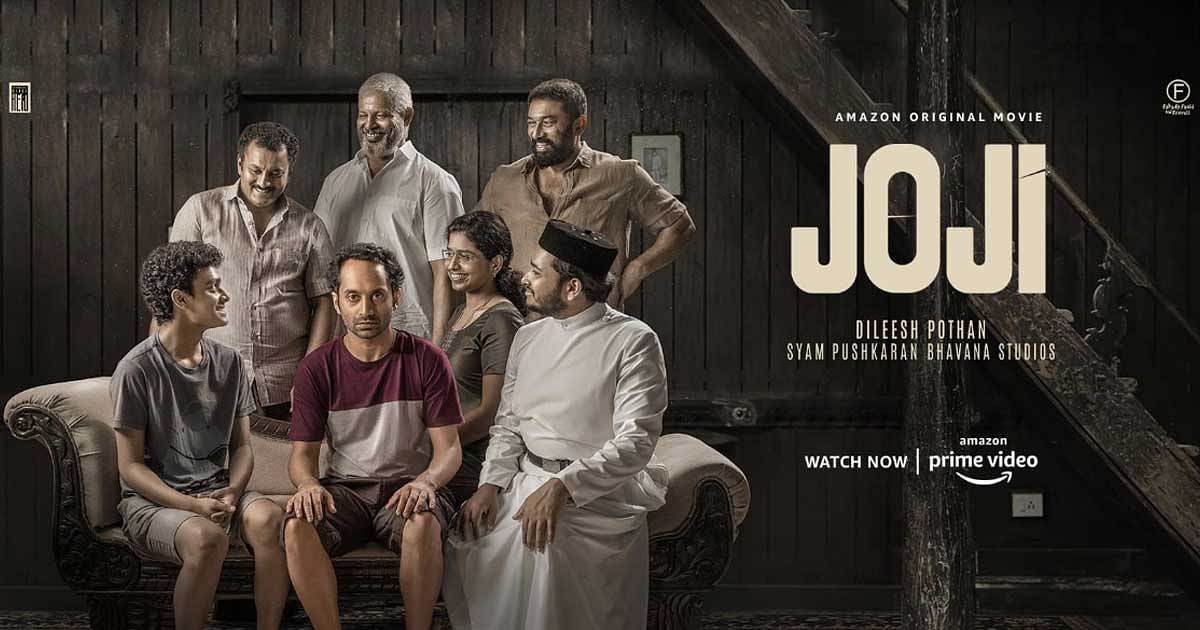Seldom are films successful in adapting popular novels, plays, and especially the Bard, on to the silver screen. It takes immense amounts of dedication and a penchant for good storytelling to deliver a work that can go head to head with the original source material.
Thus, arrives the Malayali thriller, loosely adapted from Shakespeare’s Macbeth that doesn’t just successfully adapt the play to the big screen but also does it with enough personal nuance to make it feel different.
Although, it is far from being a Bharadwaj tragedy, what Joji does is provide the audience with a plot and a setting everyone can deal with.
No gangs, no wars, and no empires, just a broken family ruled over by a patriarch and a protagonist(?), the black sheep of the family. What scores it as an almost perfect adaptation of Macbeth is its originality and how different it is from the source material.
Thus, in this article, we shall delve into the precipice of family and the significance of how a family based on the context of fear can push a person to drastic measures.
An Empire Of Fear: The Story Of The Sole Patriarch
Many a time, we have heard stories being told and illustrated based on the failings of a society based around an authoritative patriarchal figure, be it a kingdom (King Lear) or a family (Merchant of Venice), in Shakespearean plays.
The depictions of a world confronted with the horrors of worldly fears of greed, terror and violence, find a crack in the wall to seep themselves within this society.
The patriarchal figure in all these instances has found an end that is as nerve-racking as it is depressing. The movie, Joji, places the namesake protagonist of the movie in a position that is as grounded as it is fearful.
In a strange Joker-esque purview of the society and its surroundings, Joji shines in the moments when it moves away from the constrictions of Macbeth.
With Joji being solely responsible to a certain extent as to what his greed pushes him to do, the movie freefalls into the void that many a person has ventured into.
Alongside Joji, we as viewers are further plunged into the same void from whence we find no return. Sympathizing with him till the moment we become just another extension of Joji, and the sympathy turns into a vehicle of empathy.

The patriarchal figure, unlike Duncan, the King of Scotland in the play, is a wealthy, influential Malayali residing in a haven of an estate with plantations all around, with only his family to call for an empire.
His hulking body with his frightening glare poses as the figurehead of a stature that is equally revered as it is feared among his family. Much like an authoritative ruler, most of his subjects wish him nothing but death, and in the midst of this fear, he revels.
Through the length of the movie, his disdain for his youngest son, Joji, is apparent; thus, in this search to find acceptance from his father, he proceeds to take the nascent and negligible step of going against the will of his father to sell a pony.
Also Read: 10 Malayalam Movies That Show You The True Colours Of Kerala
The constant tussle of power between the subject (Joji) and the emperor (Kuttapan Panachel, the patriarch) is one that reverberates through each interaction of the two parties.
It is ironic as to how, unlike Macbeth, Joji is a human being that suffers through a severe inferiority complex, and the only way in which he could bring about the death of the patriarch is upon his paralysis.
A poetic characterisation of how one’s disability balances out the influence of either party, for the mice to pick at the slimmest of pickings.
What Is Joji’s Society Exactly Like?
“The society has f***** me
The society has killed me
Arrest them.”
These are the lines that stood out to me just before the credits rolled, as Joji whips out his cell phone to write his epitaph. As he decides upon breathing his last, my mind wanders off to a world where self-victimization has garnered a strange foothold amidst our physical and social space.
Our immediate society thinks twice about holding condemnable psychopaths under the same microscope as we put other such criminals, on the sole aspect of them being ‘bullied’ by our society.
The hoots and applause that filled up the many theatres in an awesome cacophony as Joaquin’s Joker dances atop a blazing car in the middle of a blazing intersection, is one such example of how the director uses the figure to bring about a sense of guilt amongst the audience itself.

Using the protagonist as a victim of his circumstances rather than a character who should be rightfully condemned is a constant trope that world cinema falls prey to.
However, Joji’s society, which is similar to Joker’s, is one that looks at the weak and neglects it till they pursue the greed that has festered within themselves since forever.
Making Joji an active representation of his society, as much as Joker was in the depraved city of Gotham.
And, unfortunately, there is a Joji within and around all of us.
Image Source: Google Images
Sources: The BC Catholic, Bollywood Life, The Indian Express, The News Minute
Connect with the blogger: @kushan257
This post is tagged under: joji, joji 2021 movie, joji movie, joji review, joji movie review, joji malayalam movie, dileesh pothan, irul, joji release date macbeth, joji movie cast, joji malayalam movie review, joji movie release date, joji malayalam movie dileesh pothan, joji imdb, malappuram haji mahanaya joji, joji movie story, joker, joker joaquin phoenix, joker 2019, todd phillips, todd phillips joker movie, warner brothers, warner bros, warner bros joker movie, irakul, fahadh faasil, angamaly diaries
Other Recommendations:
QuoraED: What Are Some Dark Secrets From The Kapil Sharma Show?
































